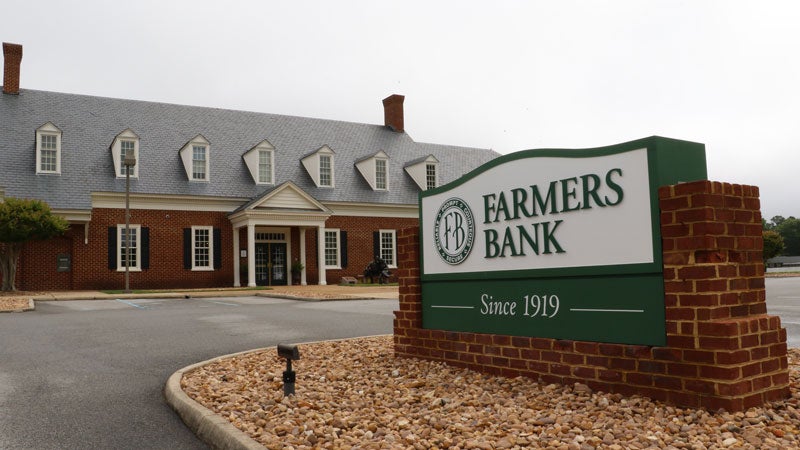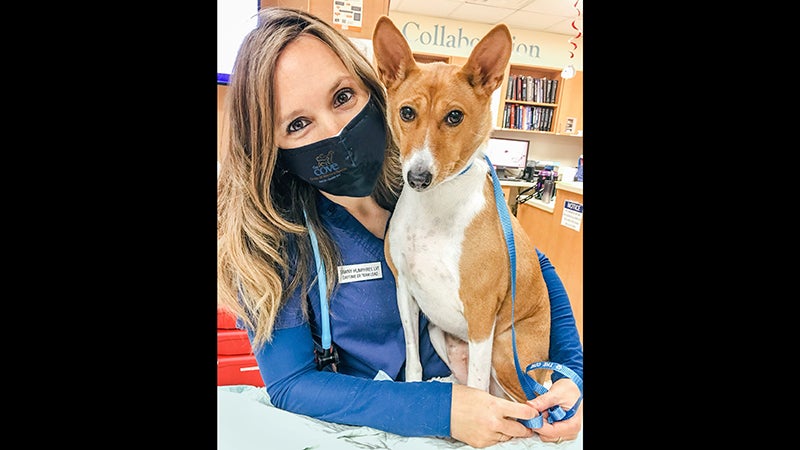Survey shows farmers optimistic
Published 9:46 pm Thursday, April 11, 2013
More than 9 in 10 farmers are optimistic about the future of their industry, and nearly all of those are optimistic enough that they believe their children will be able to follow along in their footsteps, a survey of participants in the American Farm Bureau Federation Young Farmers & Ranchers program revealed.
The 21st annual YF&R survey revealed that 90 percent of those surveyed are more optimistic about farming and ranching than they were five years ago and that 83 percent believe they are better off than they were five years ago.
More than 94 percent considered themselves lifetime farmers, while 90 percent would like to see their children follow in their footsteps. Eighty-four percent believe their children will be able to do that.
Securing adequate land to grow crops and raise livestock was the top challenge identified in the survey, according to a press release from the Virginia Farm Bureau.
That challenge was identified by 20 percent of respondents, followed by burdensome government regulations and “red tape,” which was identified by 15 percent.
“Access to adequate land to begin farming or expand an established operation is a major concern for today’s young farmers,” said Zach Hunnicutt, AFBF YF&R Committee chairman and a Nebraska farmer.
Nate Aker, who chairs the Virginia Farm Bureau Federation Young Farmers Committee, agreed.
“It’s something that a lot of young farmers are constantly working on,” the Wythe County dairy, beef and pumpkin producer said.
“You need to have a long-term plan” for expanding a farm operation if it involves buying or leasing more land, Aker said. At the same time, “there are some cases where you lose land that you have, and you try to make up the difference.”
It’s possible in some instances to have a long-term lease on farmland, he said, “and some of the short-term leases — they’re just short-term leases.”
Aker said he and other farmers in Southwest Virginia lease land that is for sale, knowing that they could lose their leases if it sells. And whether they are looking to buy or lease, “the competition with development is pretty stiff.”






